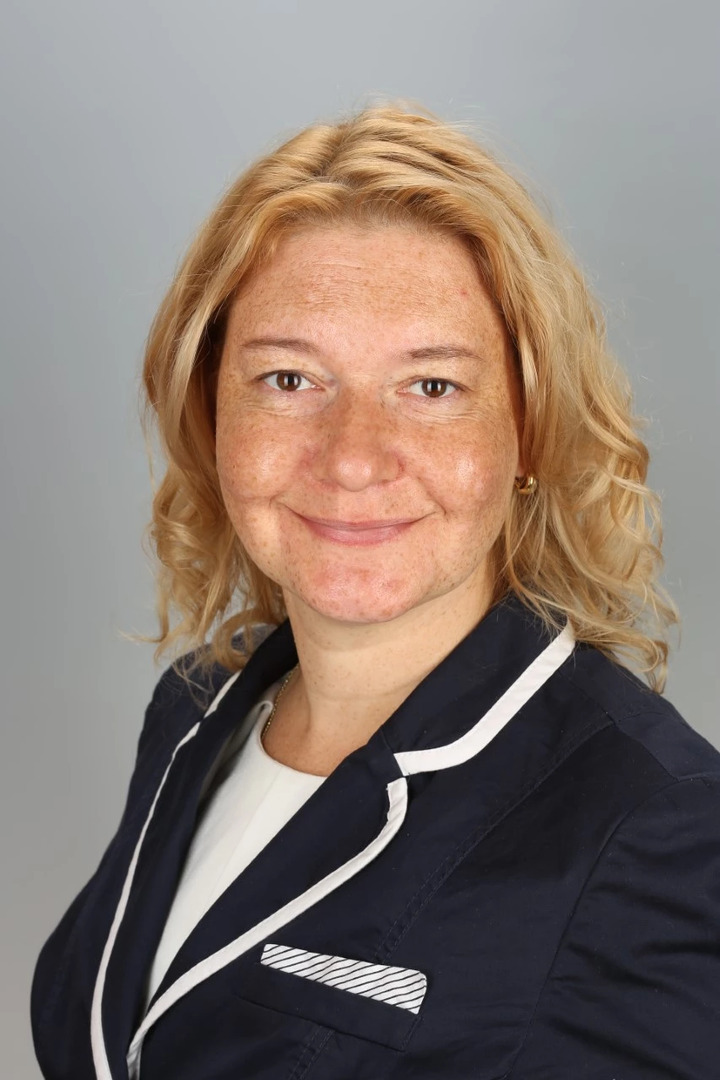Doc. Jitka Fricová: The biggest challenge remains the patient with unbearable chronic pain
Research findings are pushing the boundaries of optimal chronic pain treatment, including better prevention and reduced side effects of analgesics. Algological care is readily accessible in the Czech Republic, yet it faces limitations, such as the less manageable nature of unbearable pain, particularly neuropathic or oncologic. We briefly discuss the topic with the head physician of the Pain Treatment Center at the Department of Anesthesiology, Resuscitation, and Intensive Care Medicine, First Faculty of Medicine, Charles University, and General University Hospital in Prague, Doc. MUDr. Jitka Fricová, Ph.D.

What does modern algological care involve? Is it “simply” about relieving the patient of chronic pain?
The care of a patient with chronic pain is complex. Relief, or often “just” alleviation of pain, is only one part of algological care.
What does the current pain treatment strategy look like?
It includes a comprehensive patient examination, a proposal for optimal analgesic medication considering their comorbidities and other medications, and/or specific interventional pain relief procedures.
Has pain treatment itself fundamentally changed in recent years?
It is constantly evolving in line with the advancing understanding of pain mechanisms and the application of these findings in practice.
Can you mention any significant research innovations that could lead to further advancements in algology?
Both clinical and experimental research continuously advance the possibilities for optimal chronic pain treatment, including better prevention and reduced side effects of analgesics. Some well-established medications are now available in new combinations or forms. Biological treatment is being tested in certain chronic pain indications, and it is currently readily available for migraine therapy. Indications for neuromodulation methods are expanding – both invasive and non-invasive. I personally focus on brain stimulation for chronic orofacial pain, using high-frequency stimulation.
Are there regional differences in the management of pain treatment?
The care of a patient with chronic pain can be regionally influenced. However, in the Czech Republic, algological care is well-provided, and coverage should be sufficient. There are about a hundred pain treatment clinics and specialized centers operate in each university hospital.
So, can we say that algological care is accessible to every patient? Where should one turn if the prescribed treatment does not help?
If pain persists, the patient can turn to the nearest pain treatment center. Mild and short-term pains can be reliably managed by any general practitioner or specialist.
Which type of pain is the most challenging to manage?
Generally, chronic pain can be difficult to manage and sometimes truly unbearable. However, since the primary cause cannot always be influenced or traced, it is better if the patient is monitored and treated in a pain clinic or center.
How challenging is the differential diagnosis of pain?
It is not always easy. Therefore, we have multidisciplinary teams in pain centers that address difficult differential diagnoses.
Are patients referred to algologists in a timely manner?
In some cases, they come to us late, but the situation has significantly improved. The biggest issue typically occurs with neuropathic pain, postherpetic neuralgia, and oncologic pain.
How is the concept of personalized treatment applied in algology?
Patients are approached individually, even if we do not refer to it as personalized treatment.
Are the recommended pain treatment guidelines sufficiently understandable for doctors of all specialties?
Yes. The guidelines for chronic pain treatment are prepared by our Society for the Study and Treatment of Pain of the Czech Medical Association so that they are indeed understandable for all doctors. We have currently completed an update of the methodological guidelines.
Does the trend of one-day surgery affect the incidence and treatment of pain?
One-day surgery is about proper outpatient treatment of acute pain, and specialists who indicate this therapy are equipped with sufficient knowledge.
Are patients with psychological or psychosomatic pain adequately treated? Can general practitioners and specialists recognize this issue?
We cooperate with psychologists and, of course, psychiatrists who indicate the optimal treatment. A general practitioner may not necessarily recognize whether it is a psychosomatic pain issue; rather, their role is to refer the patient to a place where the pain will be assessed and treated.
What algological challenges are we currently facing?
Challenges are constantly present, but the biggest one remains correctly and promptly diagnosing and treating a patient with chronic unbearable pain.
MUDr. Andrea Skálová
Editorial staff proLékaře.cz
Did you like this article? Would you like to comment on it? Write to us. We are interested in your opinion. We will not publish it, but we will gladly answer you.
